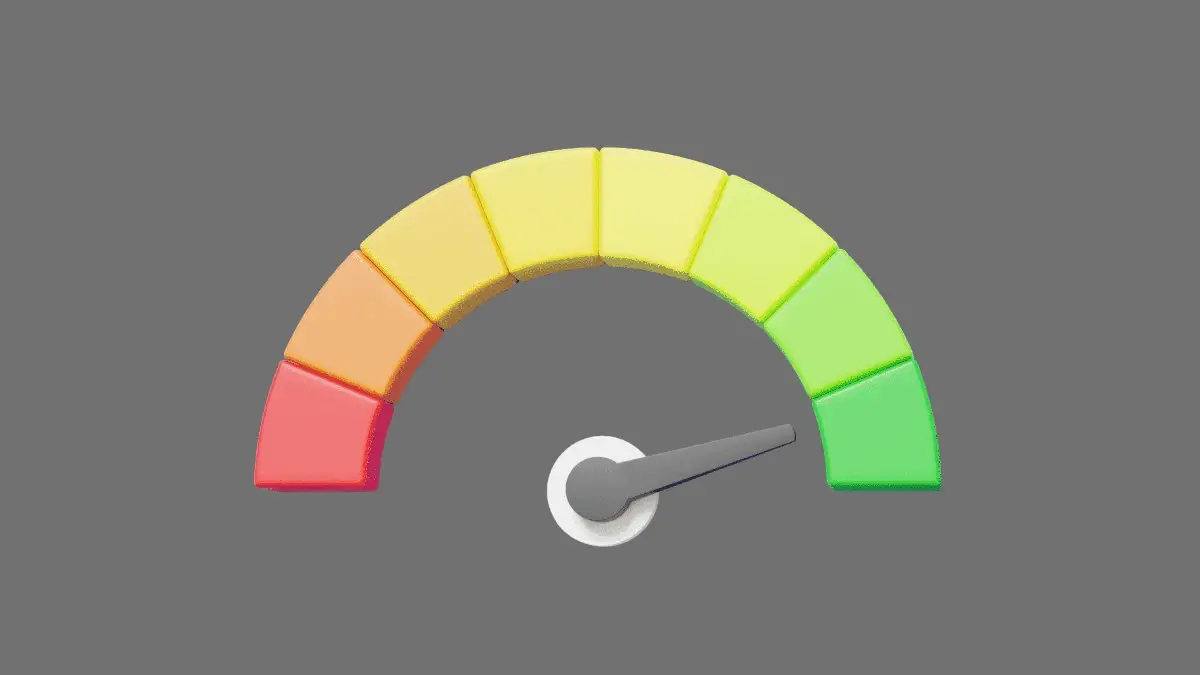In today’s financial world, protecting your credit is more important than ever. Whether you’re managing personal finances or dealing with business debt relief, your credit plays a huge role in what opportunities come your way.
Good credit opens doors to loans, better interest rates, and even rental agreements, while poor credit or identity theft can make life much more complicated.
Thankfully, with a few practical strategies, you can safeguard your credit and reduce the risk of fraud or damage.

Protecting your credit isn’t just about watching your credit score.
It’s about understanding the full picture—from how your data is handled to the habits that keep your financial identity safe.
Here’s a deeper look at how to keep your credit healthy, backed by expert insights.
Keep an Eye on Your Credit Reports Regularly.
One of the best ways to protect your credit is to stay informed. Your credit report contains all the details lenders use to evaluate you, including your debts, payment history, and credit inquiries. Checking it regularly helps you catch errors or suspicious activity early before they become bigger problems.
Many experts recommend checking your reports at least once a year from the three major credit bureaus. You can access these reports for free through official sites. Set a reminder, make it a habit, and review every section carefully. Look out for unfamiliar accounts, incorrect balances, or hard inquiries you didn’t authorize.
If you spot something fishy, report it immediately. Early detection can stop identity theft in its tracks and prevent unnecessary damage.
Protect Your Personal Information Online and Offline.
Identity thieves are always on the lookout for your personal information, and protecting it starts with vigilance. Online, avoid clicking suspicious links or sharing sensitive data on unsecured websites. Use strong unique passwords for your financial accounts and change them regularly.
Offline, be cautious about sharing your Social Security number or financial details unless absolutely necessary. Shred documents with sensitive info before throwing them away, and keep your important papers in a secure place.
Experts also suggest enabling two-factor authentication on accounts when possible. This extra security step makes it harder for someone to gain unauthorized access even if they have your password.
Manage Your Credit Card and Loan Accounts Wisely.
Keeping your credit accounts in good standing is another critical part of credit protection. Always pay at least the minimum payment on time to avoid late fees and negative marks on your credit report. Setting up automatic payments or reminders can help you stay on track.
Be mindful of how much credit you’re using. High credit utilization ratios—meaning you’re using a large percentage of your available credit—can lower your score. Aim to keep balances well below your limits.
If you’re working on business debt relief, maintaining timely payments on your business accounts is equally important. Financial missteps in business credit can impact your personal credit if you’ve personally guaranteed loans.
Freeze or Lock Your Credit When Needed.
Credit freezes and locks are powerful tools to protect you from unauthorized credit checks. A credit freeze stops lenders from accessing your credit report without your permission, which prevents new accounts from being opened fraudulently.
Credit locks offer similar protection but are usually easier to toggle on and off through apps or websites. Both options can be free and give you control over who sees your credit information.
Consider freezing your credit if you’re not planning to apply for new credit soon, especially after a data breach or suspicious activity.
Be Wary of Phishing and Scams.
Scammers often try to trick people into giving away their financial information by pretending to be legitimate companies or government agencies. Recognizing phishing attempts is essential to protect your credit.
Never give out personal or financial information over the phone or email unless you’re certain of the recipient’s identity. If you receive suspicious calls or messages claiming to be about your credit, hang up and contact the company directly through official channels.
Educate yourself on common scam tactics and stay alert. The more cautious you are, the less likely you are to fall victim.
Monitor Your Financial Accounts for Unusual Activity.
In addition to checking credit reports, keep a close eye on your bank and credit card statements. Look for transactions you don’t recognize or charges that seem off.
Many banks offer alerts for large transactions or unusual activity. Turning these on provides real-time warnings, allowing you to act quickly if something doesn’t look right.
Promptly reporting suspicious activity can minimize financial loss and protect your credit score.
Build Good Habits for Long-Term Credit Health.
Protecting your credit is a continuous effort. Establishing good financial habits keeps you strong over the long haul. This includes budgeting responsibly, avoiding unnecessary debt, and paying bills promptly.
If you ever face financial hardships like business debt relief, communicate early with creditors and seek professional help. Ignoring problems can worsen your credit, but proactive steps show responsibility and often lead to better solutions.
Final Thoughts.
Your credit is a vital part of your financial life, affecting everything from loan approvals to job opportunities. Protecting it requires awareness, smart habits, and vigilance against fraud. Whether you’re managing personal finances or business debt relief, these strategies help you keep your credit safe and healthy.
Start today by checking your credit reports, securing your information, managing your accounts carefully, and staying alert to scams.
Over time these steps build a strong defense that empowers you to take control of your financial future with confidence.
Leave a Reply